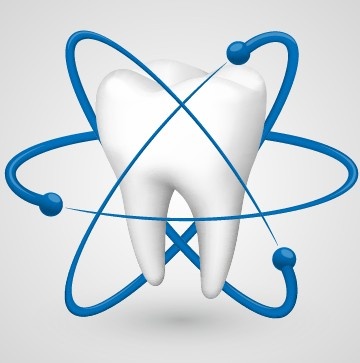A dental abscess is an accrual of pus that develops due to infection, which can be seen in different places in your mouth. It is divided into three types as follows:
- Gingival Abscess is seen only on the gum and it doesn’t impact the tooth. It is seen as a pimple-like spot and can be effectively treated if diagnosed early.
- Periodontal Abscess happens deep inside the gum, impacting the tissues that support the bone. It has to be promptly treated else it can spread further, inflicting substantial damage.
- Periapical Abscess is an accrual of pus at the root of a tooth, caused by an infection that has spread from a tooth to the surrounding tissues. It could be very painful.
If you discover any type of tooth abscess in your mouth, then it’s vital to contact your dentist at the earliest. This dental symptom should not be ignored or left untreated else it can impact your jawbone, surrounding tissues and even lead to tooth loss.

Symptoms That You Should Pay Attention To & Act Promptly
- Can you find a pimple-looking spot on your gum?
- Do you see red, sore gums?
- Are you having an intense toothache?
- Do you see pus formation?
- Are you finding it difficult to open your mouth or swallow?
- Do you have puffed/ swollen gums and/or face?
- Are you developing sensitivity to a temperature that lasts longer than usual?
- Do you experience a nasty taste and/or smell in your mouth?
- Do you have swollen glands in your jaw and neck?
- Do you witness nausea, vomiting and fever?
Why Does Tooth Abscesses Occur?
The reasons are quite different for each type of abscess and they are explained below.
- Gingival – It happens because of a foreign body like a little bit of food that gets stuck in your gum.
- Periodontal – It happens due to an injury or gum disease.
- Periapical – It happens when bacteria get inside the tooth via a crack or cavity. If this is not promptly treated or neglected, then the bacteria will reach the pulp and get infected.
A diet containing high sugar can also lead to an abscess, so it’s best to restrict the intake of sugary foods and drinks. At times, they are inevitable due to age or injury. The type of abscesses may vary; however, you can prevent them by following good oral hygiene. So regularly brush and floss your teeth twice a day and visit your dentist at least once every six months, which will help keep your teeth in good condition.
What Treatment Alternatives Exist?
Some treatments are simple yet effective while some treatments can be forceful. It all boils down to the type of abscess and how promptly you get the treatment.
- Tooth Extraction: Sometimes, an abscess may lead to tooth loss. It’s rare and happens when the abscess is left untreated for long, so here the dentist may have no other alternative but to extract the infected tooth. Then, the dentist will drain the abscess. Indeed, cosmetic options are available that can restore the smile.
- Periodontal Surgery: Expert dentists recommend periodontal surgery only when the infection is recurring (coming back). An oral surgeon will perform the periodontal surgery and get rid of the diseased gum and reshape it. Hopefully, this should prevent the infection from resurfacing.
- Root Canal Treatment: If root canal treatment is done appropriately, it should be as comfortable as getting a cavity filled. An experienced dentist will drain the abscess that includes eliminating the infected pulp. Once the procedure is finished, your tooth will be sealed and probably complete with a crown.
- Draining the Abscess: It is a plain and simple procedure. An expert dentist will make a small nick in the abscess and drain the pus. Then, the dentist will sanitise the affected area with a saline solution.
How Can Kings Family Dental Centre Help You?
A tooth abscess can get agonising and inflict serious damage. If you think you’re infected, then you should get in touch with your dentist at the earliest. At Kings Family Dental Centre, we provide emergency dental services as well. We have a fully-equipped, state-of-the-art dental clinic, as well as, highly qualified and experienced dental practitioners, so we can handle any type of dental emergency and provide the best possible treatment and care.
Also Read: How to Know If You Need an Emergency Tooth Extraction?









